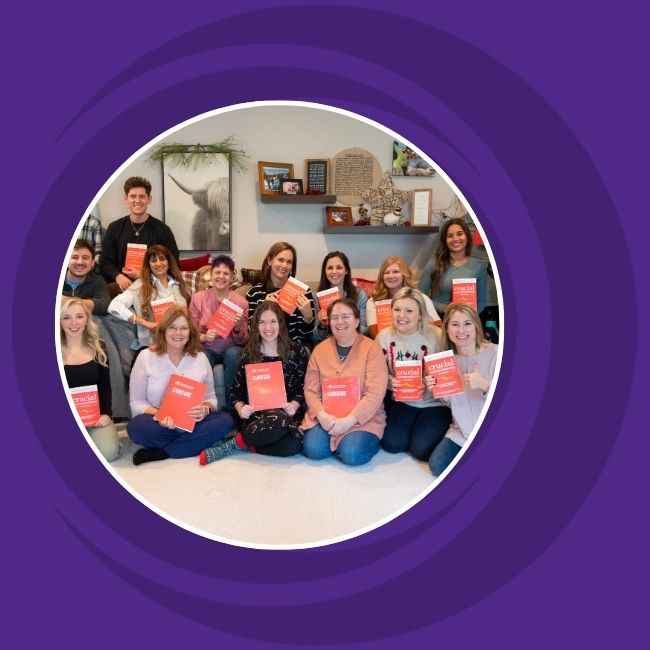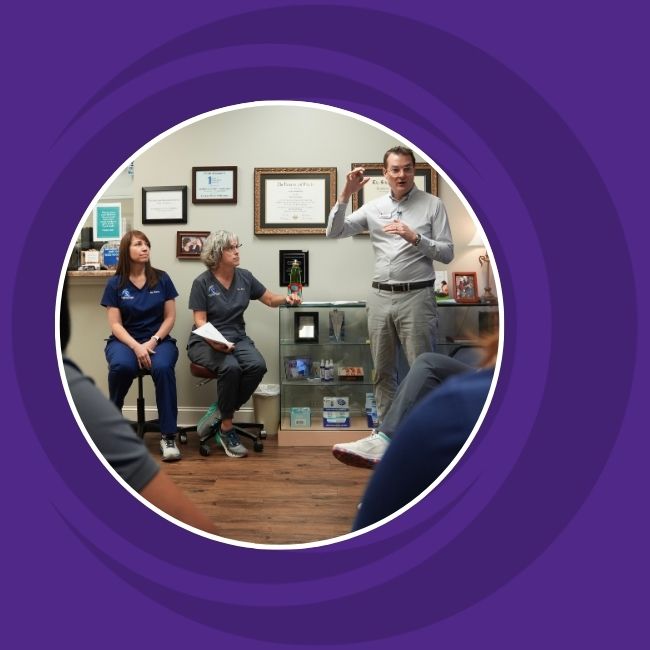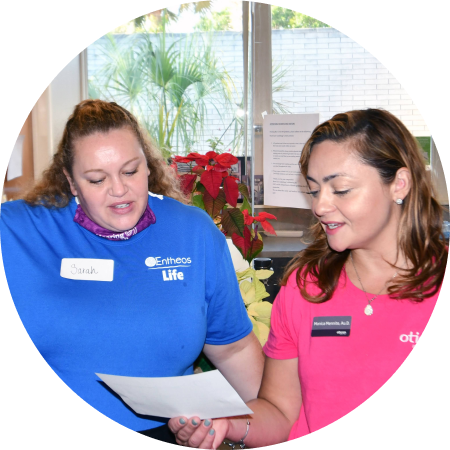Entheos was started in 2014 by private practice audiologists.
They were turned off by the cookie-cutter approach to patient care, and the “top-heavy” flow of resources going to buying group founders.
A cooperative, or co-op, is an organization owned and controlled by the people who use the products or services the business produces. Cooperatives operate more for the benefit of members, rather than to earn profits for investors.
Entheos is governed by 12 Board of Directors. The board is elected by the members, and all Entheos members get one vote no matter how big or small their practice size.
We are a true cooperative, which means you have ownership and buy from and for yourself.
We want all our members to have the best patient outcomes.
Helping our communities domestically and internationally.

OMS Training
Front Office Training
Technology Education and Treatment
Growth & Development
Team Building

OMS Training
Front Office Training
Technology Education and Treatment
Growth & Development
Team Building

OMS Training
Front Office Training
Technology Education and Treatment
Growth & Development
Team Building

OMS Training
Front Office Training
Technology Education and Treatment
Growth & Development
Team Building

OMS Training
Front Office Training
Technology Education and Treatment
Growth & Development
Team Building

OMS Training
Front Office Training
Technology Education and Treatment
Growth & Development
Team Building

OMS Training
Front Office Training
Technology Education and Treatment
Growth & Development
Team Building

OMS Training
Front Office Training
Technology Education and Treatment
Growth & Development
Team Building

OMS Training
Front Office Training
Technology Education and Treatment
Growth & Development
Team Building
OMS Training
Front Office Training
Technology Education and Treatment
Growth & Development
Team Building
OMS Training
Front Office Training
Technology Education and Treatment
Growth & Development
Team Building
OMS Training
Front Office Training
Technology Education and Treatment
Growth & Development
Team Building
Hearing the Call is a qualified 501c3 charitable organization bringing hope and healing to persons who are hard of hearing.
Our goal is to eliminate the gap for patients in order to ensure everyone is given the opportunity for dignified, quality hearing health care that changes lives. With over 19 Hearing the Call Non-Profit Projects in the United States, and dozens of partners across the globe, we are giving thousands of people a hand up every year.